What is the Bipartisan Safer Communities Act (BSCA), and why should you care?
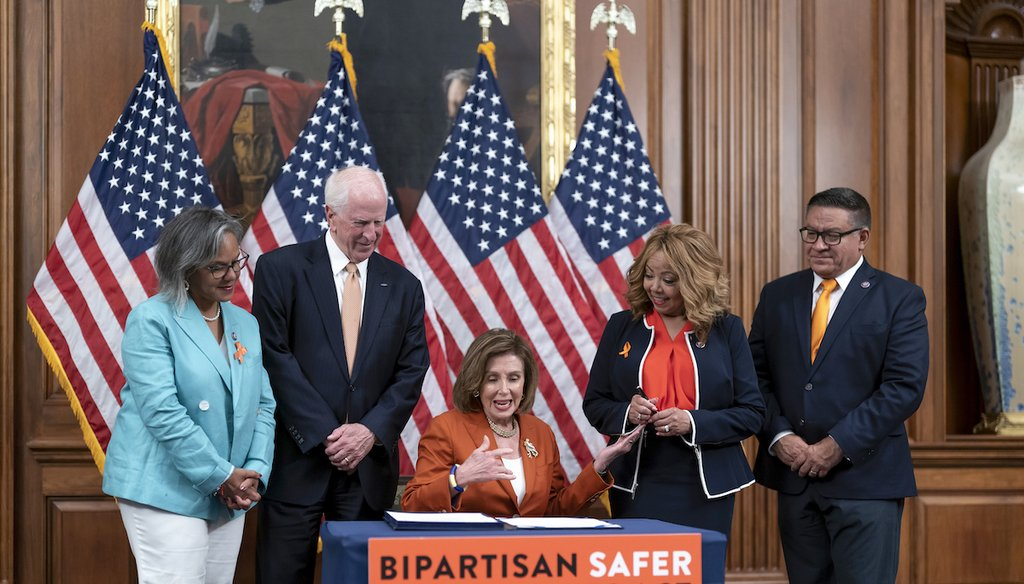
We’ll break down just how the law came about, what changes it brought about, and what it means for law-abiding gun owners.
So, keep reading!
Table of Contents
Loading…
Disclaimer: While the information provided here is legal in nature, it is not to be construed as legal advice and is for educational and entertainment purposes only.
Where Did the BSCA Originate?
While not unheard of, the BSCA actually resulted from an amendment of another bill that had already made its way pretty far down the path to becoming a law.
The original bill was introduced on October 5, 2021, to simply rename a federal courthouse and a post office. By May 18, 2022, the bill had passed in the House and was on its way back to the Senate.
Once the bill made its way back to the Senate, however, it was amended to include, among other things, a number of gun control measures spurred on by the mass shootings in Buffalo, NY, and Uvalde, TX.
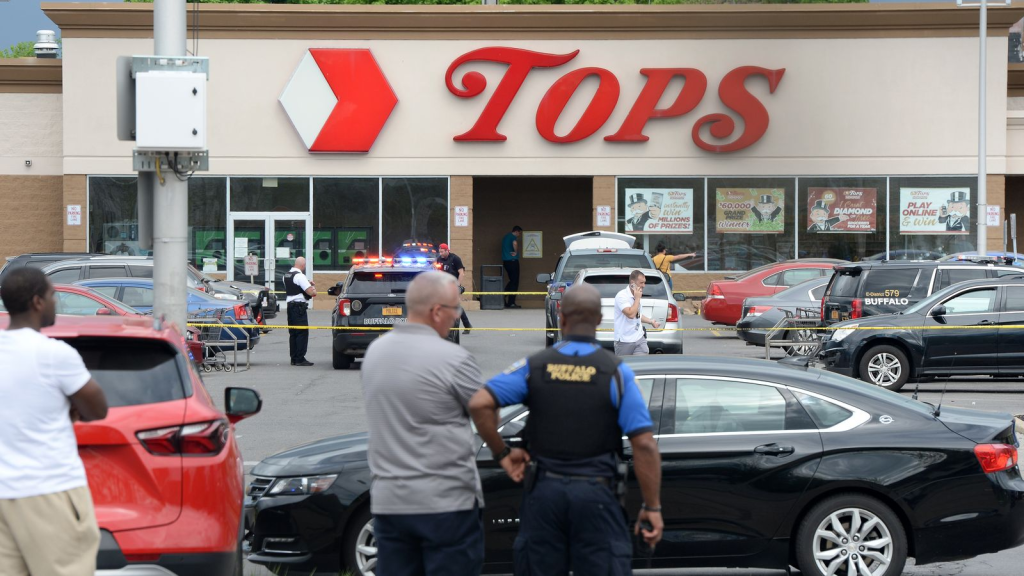
In the Buffalo incident, a mass shooting occurred at a Tops Friendly supermarket, with the shooter managing to stream his actions on Twitch for a few minutes before it was taken down. While in Uvalde, a former student shot and killed several students and teachers at Robb Elementary School.
Both tragedies occurred within 10 days of one another and drew national attention – re-opening the topic of gun control for both political parties.
Before the BSCA, the House had unsuccessfully attempted to pass gun control bills, including firearm storage requirements, increasing the minimum age to buy rifles to 21, “high-capacity magazines” bans, and implementing universal background checks.
With the public outcry and an unrelated bill already in place, Congress quickly reached an agreement on the BSCA. Thus, the Bipartisan Safer Communities Act was signed into law on June 25, 2022, one month after the Buffalo and Uvalde shootings.
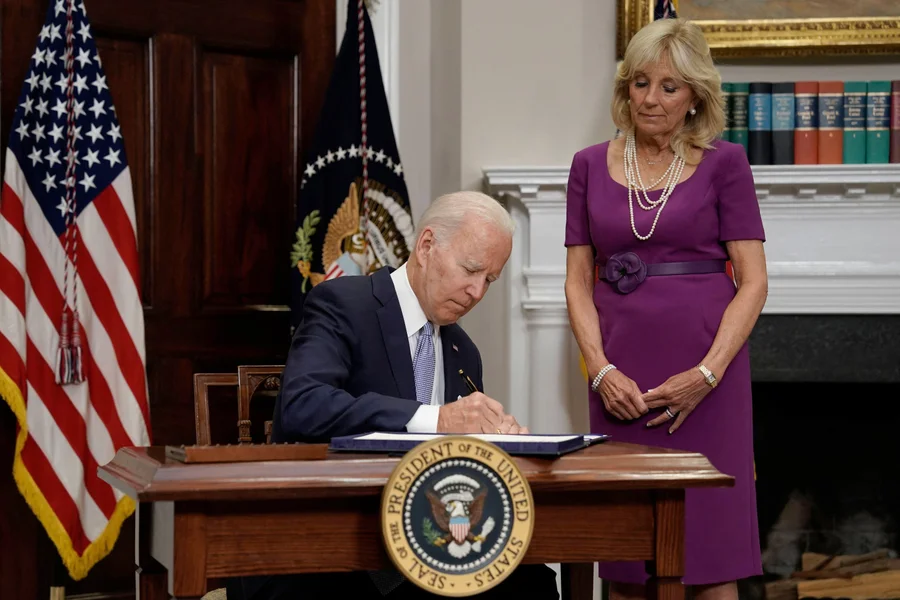
(Oh, the buildings were renamed the Joseph Woodrow Hatchett United States Courthouse and Federal Building and the Lynn C. Woolsey Post Office Building.)
What Is the Bipartisan Safer Communities Act?
Given the rushed timeline from bill to law, there were lots of concerns about the BSCA, especially as it applied to gun owners.

While the aspects of the law that received the greatest attention were the parts dealing with firearms, the law contained several provisions not directly related to firearms — providing for mental health services in schools and guidance to states on offering services through telehealth.
The firearms-related aspects of the law essentially added new restrictions to the purchase and sale of firearms.
Expanded background checks for anyone under 21
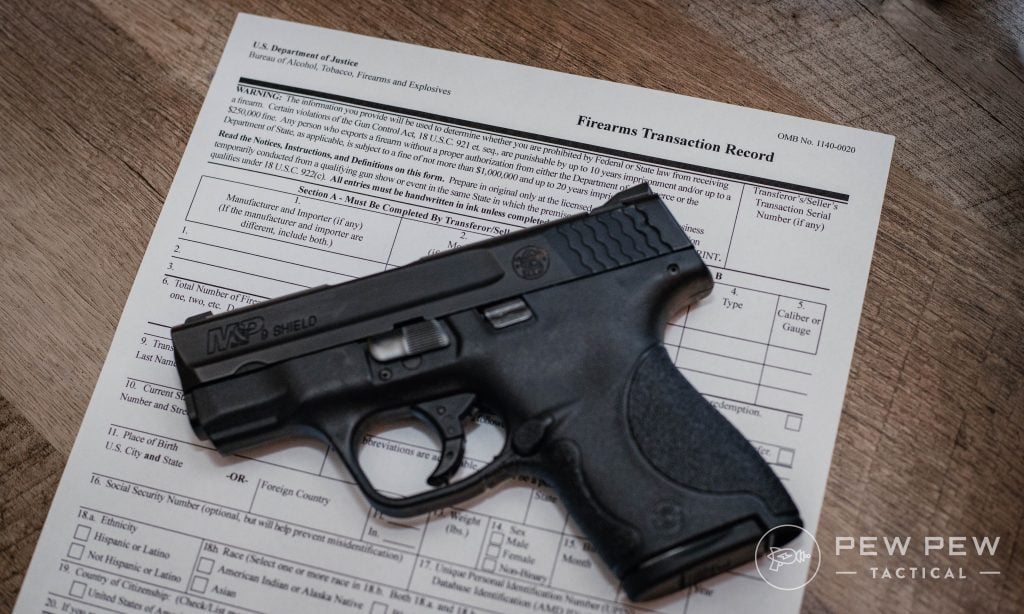
While the BSCA didn’t raise the minimum age to purchase a firearm, it did expand on background requirements for those under 21. If a person is under 21, they are now subject to a background check of their juvenile records, including state databases and with local law enforcement as part of the standard background check.
While this doesn’t prohibit purchasing, it might delay the process depending on your state.
Re-defined “Engaged in the Business” of Firearms
One of the more controversial provisions of the BSCA was the new definition of what it meant to be “engaged in the business,” a.k.a. what makes someone an FFL versus what doesn’t.
Prior to the BSCA, a person was only considered a firearms dealer (requiring an FFL to sell firearms) if that person was “engaged in the business” of selling firearms. But under the new law, anyone who sells firearms “to predominantly earn a profit” to be considered a firearms dealer.
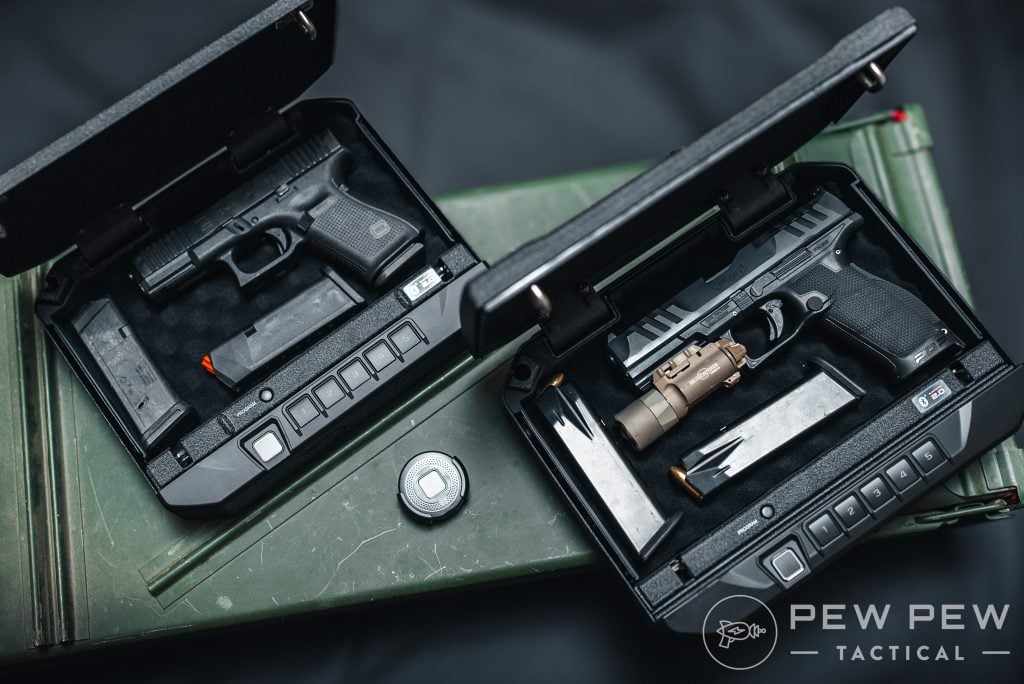
Keep in mind, if you’re just selling your guns to add to or make space in your collection, then you would still be in the clear and not fall under this new and improved definition. However, the moment you sell the gun for the main purpose of making money, you would need an FFL to do so.
We have a lot more details on this provision in our article on the topic.
Provided funding for state “red flag laws”
During the drafting of the BSCA, red flag laws proved to be a hot topic with obvious concerns related to the abuse of these laws that could potentially deprive gun owners of their firearms.

What passed under the BSCA didn’t provide additional laws regarding red flag laws but, instead, provided funding for what is known as the Edward Byrne Memorial Justice Assistance Grant. This provides states with federal funding for crisis intervention programs, often including “extreme risk protection order programs” – A.K.A. red flag laws.
The BSCA funding requirements state that these types of red flag programs must, as part of their process, provide the following:
- Notice
- Right to an in-person hearing, an unbiased adjudicator
- Right to know opposing evidence
- Right to present evidence
- Right to confront adverse witnesses.
Essentially, the funding is contingent on the subject of an “extreme risk protection order” being afforded due process in the proceedings rather than simply having firearms confiscated on the word of a worried neighbor or co-worker.
Added new penalties to straw purchases and smuggling
Though straw purchases –buying a gun for someone else – are already illegal, under the BSCA, it would be an even more serious crime. Straw purchases will see enhanced penalties if the firearms are used in any acts of terrorism or drug trafficking.
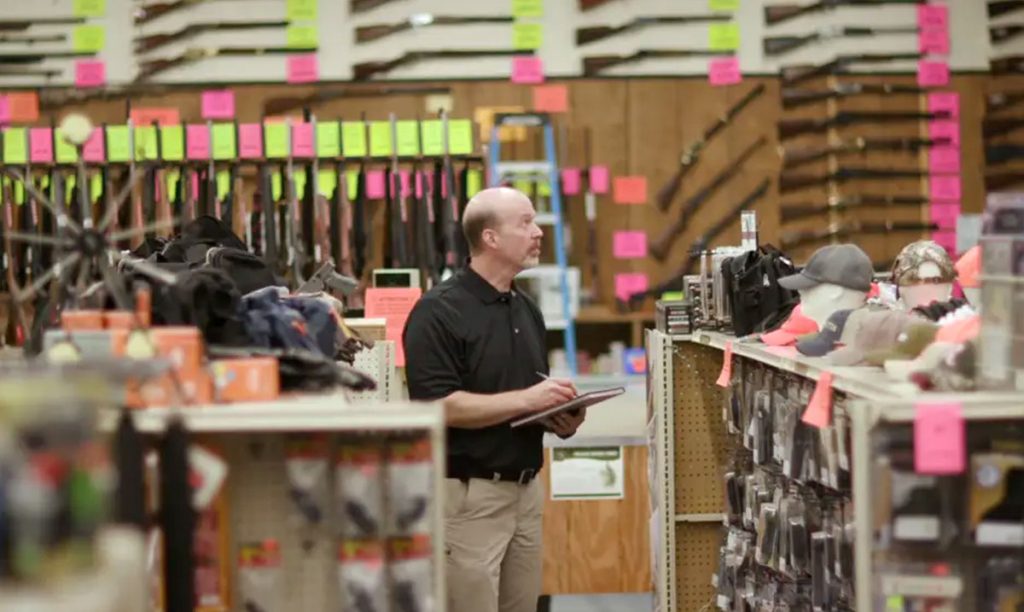
Smuggling of firearms out of the country has also been criminalized, in addition to smuggling firearms into the country.
Clarified restrictions on prohibited persons
Finally, the BSCA changed the definition of who is prohibited from possessing a firearm.
Previously, if a person was “convicted in any court of a misdemeanor or crime of domestic violence,” they could not possess a firearm under federal law. However, the crime of domestic violence only applied to spouses, people with a child in common, and people living together as spouses.

The BSCA amended that to also include “current or recent former dating relationship with the victim” under the domestic violence banner.
That said, the BSCA did not clarify what qualifies as a “dating relationship” or “current or recent.” Essentially, it says those terms would be determined on a case-by-case basis.
Final Thoughts
The Bipartisan Safer Communities Act was the most significant gun control law to actually pass since the Federal Assault Weapons Ban of 1994. It was a joint effort between the Republican and Democratic parties to address mass shootings after the tragedies in Uvalde and Buffalo.
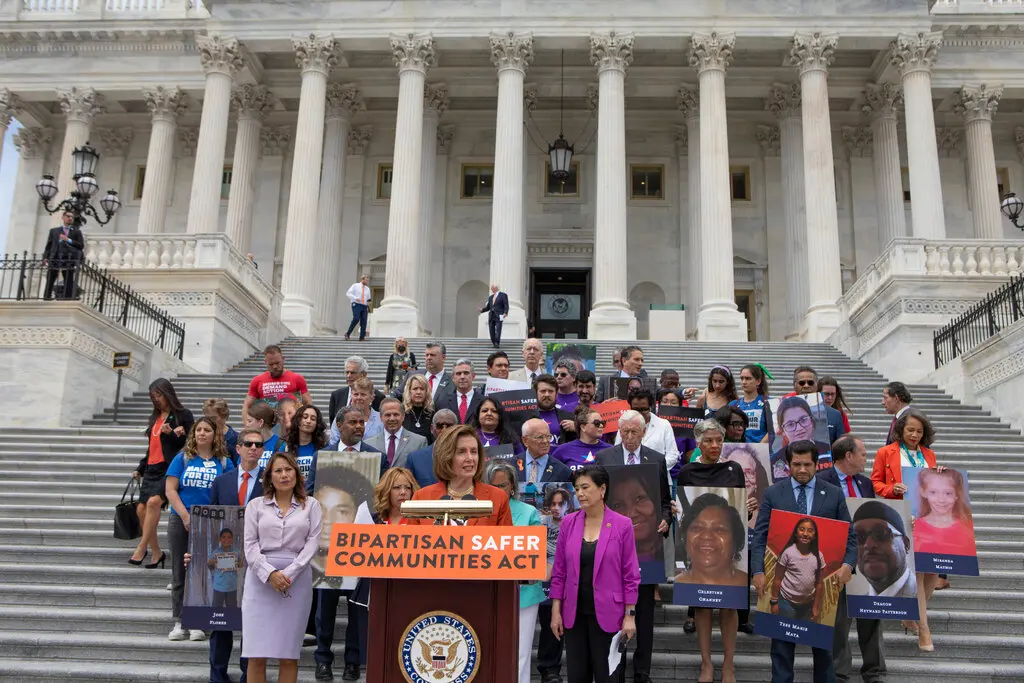
Since its passing, the ATF has acted on a few provisions, though they have been challenged in court.
What do you think of the BSCA? Give us your thoughts below. For more on legislation, check out our Gun Laws category to get caught up on all things in the legislative sector or hit our News section to see the latest developments.

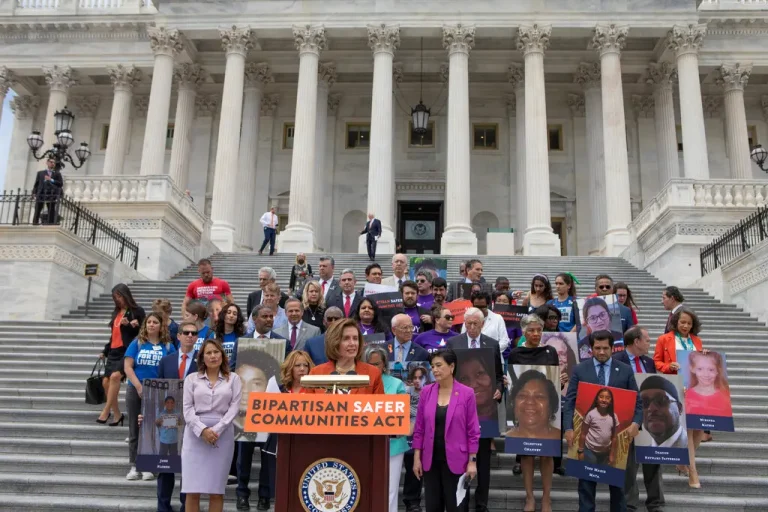






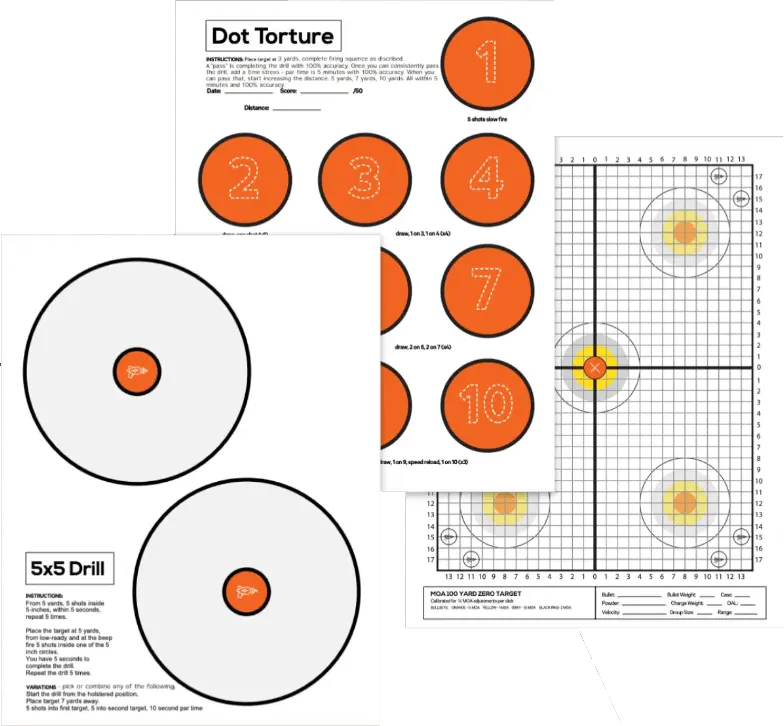
6 Leave a Reply
I’m cool with increasing the minimum age to 21 for ALL types of firearms, except for our military members.
If these alleged politicians really wanted to stop crime, they would set a minimum sentence for any crime involving a firearm (15 or twenty years sounds good) and mandatory life sentences for crimes that result in murder with a firearm. That would be for the states that don't have the backbone to put killers to death. Once you start locking up the offenders for long periods of time, the word gets out and "people violence involving guns" goes down. This is too easy, so no one does it.
"Bi-partisan" means the RINO Republicans will do what the DEMOCRATS want so they won't be called names. NOTHING labeled "bi-partisan" is good.
Bi-partisanship is quite literally their job. We elect representatives to govern, and when they only follow their ideals and don’t work alongside and come to agreements with those of differing opinions, then you become a fascist state. If you prefer one ideology and direction in government with no differing opinions, then maybe you should consider a moving to a country with a fascist dictatorship.
My guy: you really think a fascist state would allow people to own guns in the first place?
The definition of "fascism" isn't: whatever The Left doesn't like.
Then stop voting for the Republicans who work with Democrats to pass these laws, and get the word out. It's so frustrating watching conservatives keep voting for the same politicians that work with the Dems and then complain about them doing it all over again.